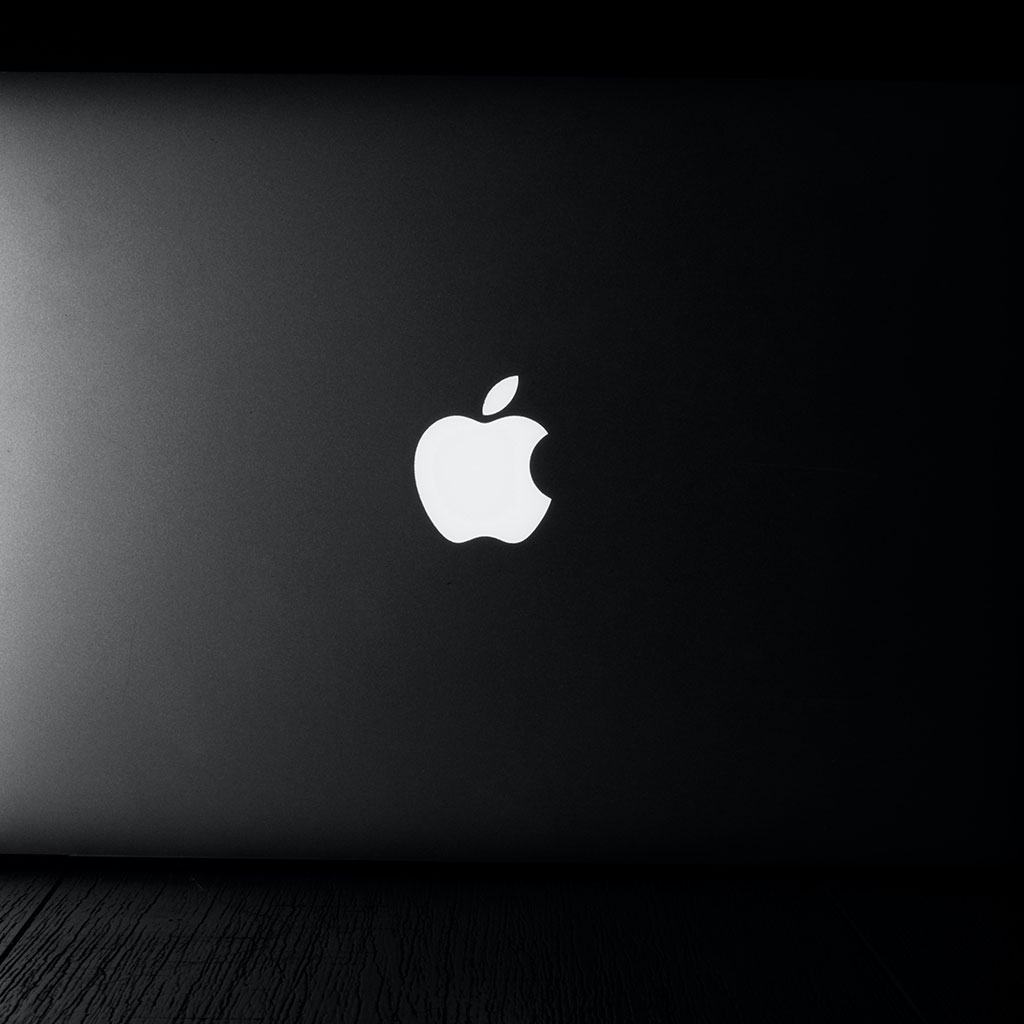What Is the Difference Between Apple and Mac?
Apple is a renowned technology company that offers a diverse range of products and services, while Mac refers specifically to the line of personal computers designed and manufactured by Apple. This article explores the distinction between the two terms and provides insights into their respective roles in the technology landscape.
Apple and Mac: what’s the difference?
Apple and Mac are related terms that refer to different aspects of the technology ecosystem created by the Apple Inc. company. Apple is a multinational technology company known for its innovative products and services. It encompasses a wide range of offerings, including smartphones (iPhone), tablets (iPad), smartwatches (Apple Watch), laptops (MacBook), desktop computers (iMac), and more. Apple is also recognized for its operating systems like iOS and macOS, as well as software applications and digital services such as iCloud, iTunes, and the App Store.
On the other hand, Mac specifically refers to the line of personal computers produced by Apple. Mac computers, such as the MacBook Pro, MacBook Air, iMac, and Mac Pro, run on Apple’s macOS operating system. These machines are known for their sleek design, powerful performance, and seamless integration with other Apple devices and services.
In summary, Apple is the overarching brand that encompasses a diverse range of products, services, and software, while Mac refers specifically to Apple’s line of personal computers running on macOS. Apple’s innovative ecosystem and the Mac’s reputation for high-quality hardware and software integration have made them both influential players in the technology industry.
Difference between Apple and Mac
The main difference between Apple and Mac is the distinction between the hardware and software components. Apple, of course, is the company that designs and sells computer-related products such as iPhones, iPads, MacBooks, and more. Mac on the other hand refers to an operating system developed by Apple Inc., which is found in most of their products. The main benefit of a Mac over other PCs is its user experience. It’s designed specifically with ease of use in mind with a unified interface across all of their products for an aesthetically pleasing look and feel.
In terms of software capabilities, Mac OS has many powerful features not available on Windows such as bootcamp assistant for running Windows on your Mac or FileVault encrypting files stored on your Mac. For those who do not find themselves requiring an extra license for these features may find a PC to be more budget friendly than buying a Mac directly from Apple. In addition to this cost difference, differences also exist with regards to customer service available with each platform. Apple’s support teams are often more helpful in assisting customers while non-Apple suppliers rely on third-party manufacturer service centers instead for help.
What operating systems are used by Apple’s other products versus Mac computers?
Apple’s product lineup utilizes different operating systems depending on the device. Mac computers, including the MacBook Pro, MacBook Air, iMac, and Mac Pro, run on Apple’s macOS operating system. macOS is specifically designed for desktop and laptop computers, offering a user-friendly interface, seamless integration with other Apple devices, and a robust ecosystem of applications. In contrast, Apple’s mobile devices, such as the iPhone and iPad, operate on the iOS operating system. iOS is a mobile-centric operating system optimized for touch interaction, portability, and a wide range of applications tailored for smartphones and tablets. It offers features like Siri, FaceTime, and Apple Pay, along with extensive privacy and security measures.
For Apple’s wearable device, the Apple Watch, it utilizes watchOS, a specialized operating system developed exclusively for the smartwatch. watchOS provides a unique interface optimized for small screens, fitness tracking capabilities, access to apps, and integration with iPhone features. Additionally, Apple’s Apple TV media streaming device operates on tvOS, an operating system designed for television-based experiences. tvOS enables users to access streaming services, play games, and interact with apps on their TV screens.
In summary, while Mac computers run on macOS, Apple’s other products like iPhones, iPads, Apple Watches, and Apple TVs operate on iOS, watchOS, and tvOS respectively. Each operating system is tailored to meet the specific needs and characteristics of its corresponding device, ensuring optimal performance and functionality within Apple’s diverse product ecosystem.
PC or Mac?
PCs and Macs have a long-standing debate as to which is better. The main distinction between PCs and Macs lies in their operating system- PCs typically use Windows operating system while Macs use Apple’s OS. PCs generally have more options for customization, upgrades, and repairs than Macs, making the PC an attractive choice for tech savvy users. This makes the PC great if you want to upgrade your machine yourself – something that can be difficult with Macs.
On the other hand, many people find Macs to be more user friendly with fewer virus and malware issues compared to PCs. For those who don’t need to customize their machine past its perfect out of box state, the Mac may be a great choice for a stress free computing experience. Also, since all Apple products are made exclusively for each other, it’s easier to switch from one product type such as an iPad or iPhone to your Mac because they are designed to work seamlessly together.
Mac vs PC ecosystems
When it comes to integrated ecosystems, Apple definitely takes the lead with its streamlined connection between its many devices. This type of connection lets you start a document on your Mac and easily access it later on an iPad or iPhone. Not only that, but Apple’s technology provides an exceptionally user-friendly experience, saving time and effort for its users. That said, some PC firms also offer similar options like Samsung or Lenovo, although not quite as refined as Apple’s.
For those on a tight budget, Windows offers a great solution for good value laptops and desktops. Plus high-end Windows laptops are also widely available to cater to power users who need more than basic computing needs. Ultimately the Mac vs PC debate boils down to individual choice – if the seamless integration of all your Apple devices appeals to you then spending a bit more on a Mac may well be worth the money spent.
What separates the iPad from the MacBook Air? Which one is best for me?
The iPad and the MacBook Air share many similarities, but there are distinct differences between them. On one hand, both are powerful machines used for media consumption, communication, entertainment, and productivity. However, the iPad is what is known as a “slate” device; it’s lightweight, small in size, has hours of battery life, and comes equipped with a touch screen display. The MacBook Air has a traditional laptop design: larger and heavier than an iPad but with more power and an internal physical keyboard.
When deciding which device makes the most sense for your needs, you’ll need to consider factors such as cost, portability, and use case scenarios. If you’re looking for something that can travel with you easily or simply do web browsing/media consumption tasks without taking up too much space – then an iPad may be your best choice. However a MacBook Air has more power & flexibility when it comes to heavier duty computing & running applications than a standard iPad would be able to handle. Ultimately each person’s individual needs will determine which device is right for them.
What’s the difference between the MacBook Pro and MacBook Air?
The MacBook Pro and the MacBook Air are both great laptops from Apple, and they each have unique features that make them stand out. The biggest obvious difference between the two is their size and weight. The MacBook Pro is larger than the MacBook Air, with a thicker profile, a larger screen, and more processing power. It also typically comes with better graphics capabilities and a wider selection of ports. The MacBook Air, however, is thinner and lighter than its Pro counterpart, making it ideal for users who need an easy-to-carry laptop while still retaining excellent performance.
In terms of pricing, both models come at a variety of price points, ranging from entry-level to more advanced configurations with faster hardware components and more storage space. In addition to size and power differences between the two devices, there are also other factors to consider when choosing the right one for your needs. Battery life is one example – the MacBook Air typically offers better battery life since it uses less power than its bigger sibling due to its smaller form factor – but certain Pro models have user-swappable batteries with higher capacity that can offer longer runtimes.
Apple’s M1 & M2 processors
Apple’s M1 and M2 processors have been widely seen as revolutionary for the Mac product line. After years of using Intel processors, Apple has finally moved away from them and debuted their own in-house chips with the release of the first M1 processor, back in late 2020. The new processors offer tremendous performance boosts in terms of speed, power draw, and thermal efficiency compared to that of Intel’s.
In June 2022, Apple released the M2 processor which was initially designed for their higher performance laptop models such as MacBook Pro and iMac alongside its smaller cousin, the M2 Pro and Max variants released a few months later in January 2023. These newer versions deliver up to 12-core CPUs configuration with 38 GPU cores allowing for increased computing tasks while maintaining moderate thermal limits. With this move towards in-house chips, Apple has changed its entire strategy for future products replacing heavy reliance on third party hardware companies’ core components with its own IP design thereby making it one of the most powerful names in chip manufacturing.
Conclusion
In conclusion, Apple and Mac are two different entities within the tech world. Apple is the company behind all of the products, such as iPhones, iPads, MacBooks, and more. Mac refers to the operating system running on these products. The main difference between them is that Apple produces hardware while Mac is a software platform. While both entities overlap in terms of their products and offerings, they are distinct from one another.




